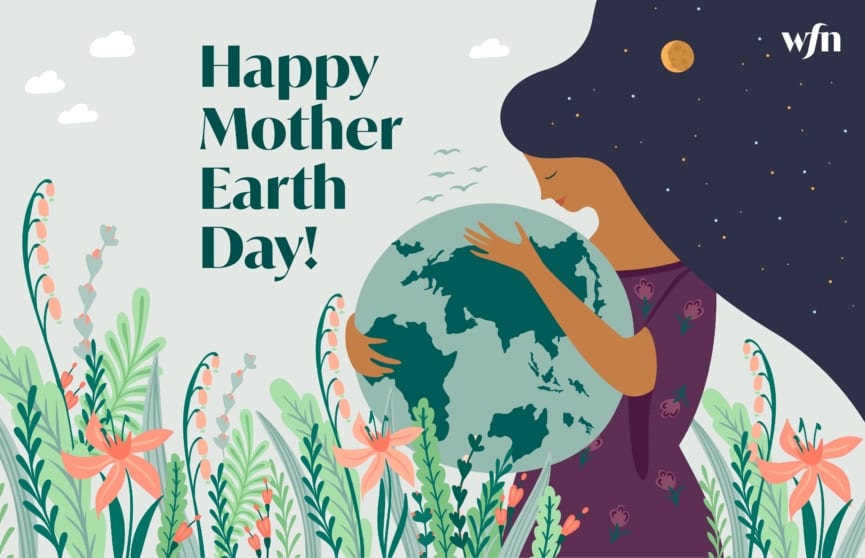Dear Colleagues:
We join you in celebrating the women at the forefront of climate solutions on this Earth Day 2021.
In addition to their leadership, women and girls around the globe are demanding that policymakers center racial and gender equity in their climate agenda. As many of you know, 80% of people displaced by climate change are women, 50 – 80% of the people responsible for farming food in the developing world are women, and 8 out of every 10 women and girls across the world are responsible for collecting household water.
Fortunately, your organizations are uniquely aware of the interconnectedness of climate change and the economic survival and prosperity of women and their families. You ensure that the voices of those most impacted by environmental degradation are leading collaborative strategies that support thriving communities and a sustainable planet.
For example, the New Hampshire Women’s Foundation and League of Conservation Voters are co-presenting two upcoming virtual events featuring state and national leaders in climate justice. Both events will focus on underrepresented groups including people from lower incomes and marginalized genders in communities of color.
“As we celebrate Earth Day this year, we hope you’ll add a gender lens to your consideration of climate justice,” said Tanna Clews, CEO of the New Hampshire Women’s Foundation in a recent op-ed. “The promise of solutions from bold women and eco-feminists that lead the fight against climate change, contrasted with the disproportionate burden that women bear for environmental harms, calls us to action. There is no climate justice without gender justice.”
On the global stage, policymakers are building gender and racial equity into their plans to combat climate change. The Paris Climate Agreement specifically states “gender equality, empowerment of women and intergenerational equity” as being essential to addressing climate change and calls for a gender-responsive approach in solutions and decision-making. In the U.S., President Biden appointed a woman of color, Shalanda Baker, as the first ever deputy director of energy justice for the Department of Energy.
As feminists, we understand that white supremacy and patriarchy built into the all the systems that govern our lives has put our planet in crisis. Fortunately, your work mobilizes resources on multiple fronts that address root causes as well as ongoing environmental emergencies. This April, we join you in echoing first female president of Ireland, Mary Robinson, who said, “Climate change is a man-made problem—with a feminist solution.”
In solidarity,
Elizabeth

Elizabeth Barajas-Román
Women’s Funding Network
President & CEO
